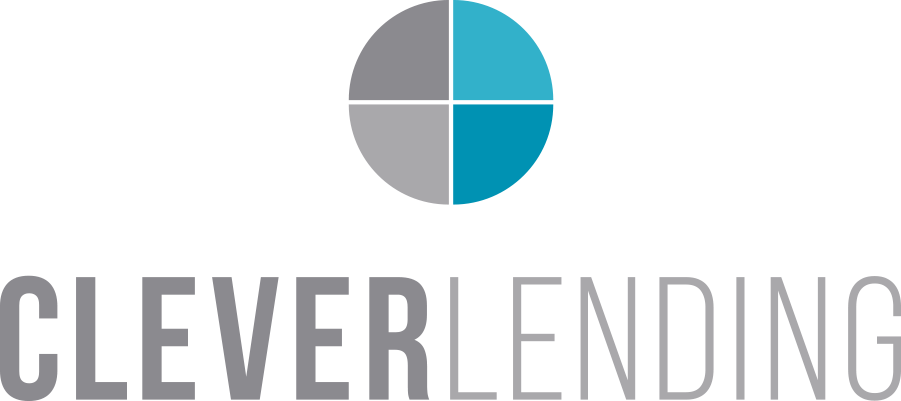Understand Your Credit Score
Understand What Makes Up Your Credit Score and How It Affects Your Creditworthiness
Your credit score is a judgment about your financial health, at a specific point in time. It indicates the risk you represent for lenders, compared with other consumers. While other factors, such as a borrower’s income and current debt level can be equally important, the health of their credit score makes up a large portion of their creditworthiness.
There are many different ways to work out credit scores. The credit-reporting agencies Equifax Canada and TransUnion Canada use a scale from 300 to 900. High scores on this scale are good. The higher your score, the lower the risk for the lender. Lenders may also have their own ways of arriving at credit scores. In addition, lenders must decide on the lowest score you can have and still borrow money from them.
What makes up a credit score?
Payment History: 35 %
Missing as little as a $1 dollar payment on a credit card for example is as bad a missing a $1,000 payment, so never skip the minimum payment. Set up an automatic minimum payment that comes out of your bank account each month so you never miss the minimum payment. Payment history also includes collections. Some creditors (including everything from cellphone or utility bills, to simple parking ticket) have the option to report that you haven't paid them to your credit bureau, or hire a third-party collection agency to get their money back. A missed payment or a collection on your credit bureau can significantly lower your score.
Utilization Ratio: 30%
This is the ratio of how much you owe to your overall credit limit. Try to keep your balance at all times below 40% of your credit limit, and don’t ever go over 70% of your credit limit, even if you pay it off in full every month.
Length of Credit: 15%
The longer you have a credit account open, the better. This shows you are capable of managing credit like a responsible adult should in the eyes of lenders. Lenders prefer to see a minimum of two years history for each account on your credit bureau, unless you are new to Canada. If you are switching credit card companies, do not cancel your old accounts until you establish history with new accounts.
Types of Credit: 10%
It is recommended to have a mix of different types of credit (revolving credit like credit cards and lines of credit are riskier than personal loans so it’s better to have fewer of those in your mix) to show that you can handle your payments. Lenders prefer to see a minimum of two active credit accounts.
Inquiries: 10%
These happen every time you agree to a hard credit check. Sometimes hard checks happen even when opening a chequing account with a bank or a new cellphone plan. Do not just sign up for store or promotional credit cards to get discounts, free products, or points. Also, keep the number of inquiries on your bureau below three per year unless there is an urgent need.

